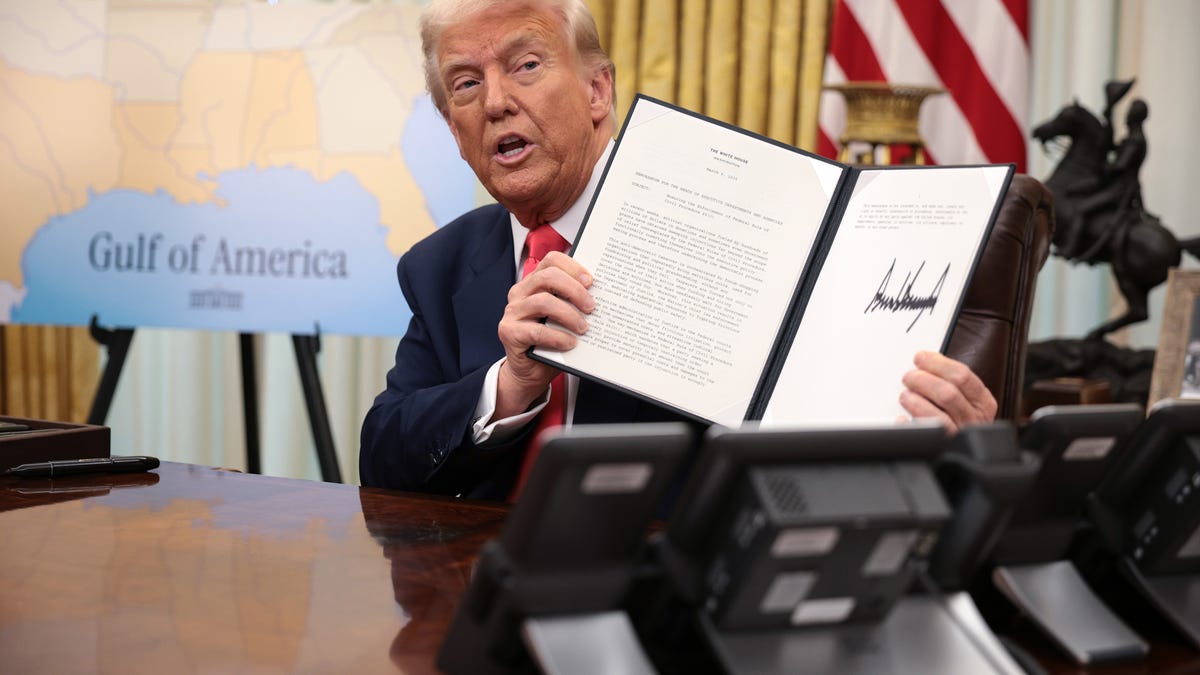
The Looming Tariff Threat: A Market Surprise on the Horizon?
The business world is bracing itself for a potential seismic shift. While many analysts have offered predictions regarding upcoming trade policies, a growing sense of unease suggests that the actual impact might be far more significant than currently anticipated. The possibility of significantly higher tariffs than the market has priced in is causing ripples of concern across various sectors.
Economists are increasingly vocal about the potential for a negative market surprise. Their warnings aren’t based on speculation, but rather on a careful analysis of historical trends and current political signals. The upcoming announcement, scheduled for early April, is being viewed as a potential catalyst for significant market volatility. This isn’t simply about minor adjustments to existing trade agreements; the scale of the potential changes is what truly sets this situation apart.
The key element of uncertainty lies in the magnitude of the proposed tariffs. Market projections, based on publicly available information and past actions, are suggesting a certain level of increase. However, credible sources are indicating that the actual implementation could easily double, or even exceed, these expectations. This discrepancy is creating a significant risk premium, meaning investors are demanding a higher return to compensate for the heightened uncertainty.
Such a dramatic increase would likely have far-reaching consequences. The most immediate impact would probably be felt in the affected industries. Companies that rely heavily on imported goods would see their production costs rise dramatically, potentially forcing them to raise prices or cut production. This could trigger a ripple effect, impacting consumers through increased prices and potentially leading to job losses in certain sectors.
Beyond the direct impact on businesses, the wider economic implications are equally concerning. Higher tariffs could fuel inflation, eroding consumer purchasing power. The increased cost of goods could also reduce overall economic growth, slowing down the expansion of the economy. This is particularly worrying given the current global economic climate, which is already facing numerous challenges. Investors could react by pulling back from the market, further exacerbating the situation.
The unpredictability surrounding the upcoming announcement adds to the uncertainty. The lack of transparency regarding the specific details of the proposed tariffs is contributing to the market anxiety. Investors are left scrambling to assess the potential impact on their portfolios, leading to cautious decision-making and increased volatility. This lack of clarity creates a significant risk for businesses, making long-term planning and investment decisions exceedingly challenging.
The situation underscores the importance of careful risk management. Businesses need to actively monitor the situation, developing contingency plans to mitigate potential negative impacts. Investors should also diversify their portfolios and consider hedging strategies to protect their assets from the potential fallout. The situation highlights the crucial need for proactive planning and adaptation in a volatile and increasingly unpredictable global economic landscape. The coming weeks will undoubtedly prove critical in determining the true extent of the market’s reaction to this looming tariff threat.



Leave a Reply